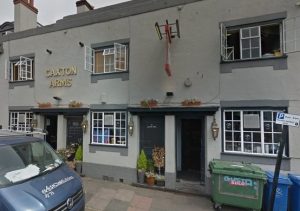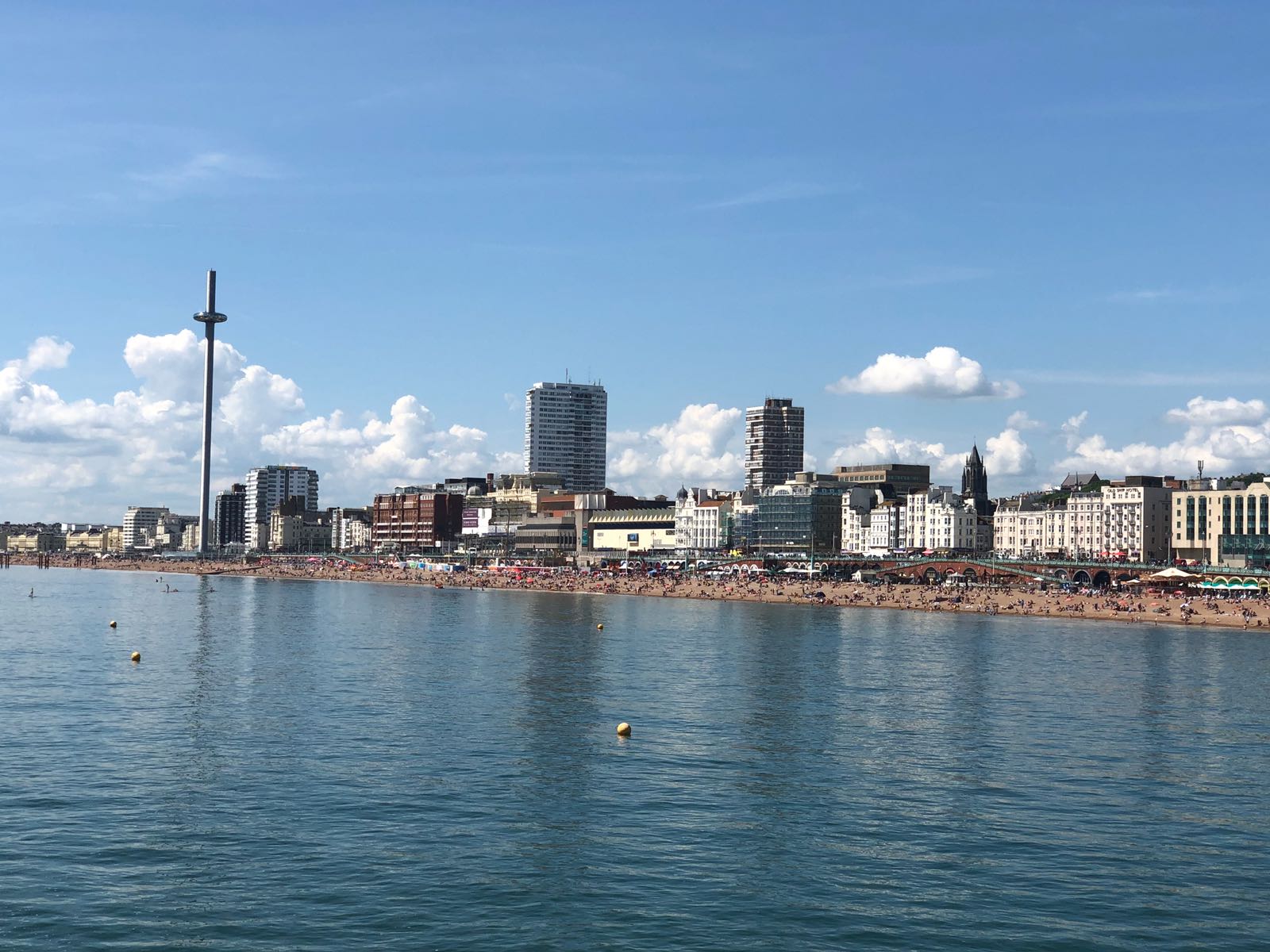Nearly all the festivals, conferences and other events in Brighton and Hove’s calendar are cancelled for the year, councillors were told on Thursday (7 May).
And visitor numbers have dropped to almost zero, with hotels suffering a 90 per cent loss of trade since the coronavirus lockdown began.
A senior Brighton and Hove City Council official told councillors that the Centre for Cities research unit estimated that 70 per cent of jobs in Brighton and Hove were in sectors likely to be damaged by the lockdown.
And half of those – 35 per cent – were regarded as “vulnerable or very vulnerable”.
Donna Chisholm, the council’s assistant director for culture, tourism and sport, said: “There really is quite a lot of damage being done to the way in which people in the city make a living.
“Issues like British Airways pulling out or stopping its commitment to Gatwick for the time being – and Virgin Atlantic – is likely to have a longer-term impact on the visitor economy and the employment deriving from this sector.”
Ms Chisholm told a “virtual” meeting of the council’s Tourism, Equalities Communities and Culture Committee that the loss of the Brighton Festival and Fringe this month and the cancellation of Pride would have a significant impact on the wider supply chain.
The cancellations affected not just the organisers, venues and performers but casual workers such as security staff and a host of suppliers.
She said that, of the 29,500 self-employed people in Brighton and Hove, many worked in the arts and leisure sector or support services such as transport, including taxi drivers.
More than 15,000 people work in retail. Big-name stores and small independents were under pressure, she said, with unsold stock and rents due.
Green councillor Marianna Ebel said that Brighton Language College director Gary Farmer had written to the council pleading for a business rate holiday.

Brighton Language College was falling through the cracks in the current support measure, she said, because it did not fit into the retail, tourism and hospitality sectors benefiting from business rate relief.
The college, in Old Steine, did not benefit from covid-19 business rate relief because it was classed as a school.
Ms Chisholm said that she was waiting for clarification on the guidance issued by the government.
Mr Farmer said in a letter to councillors: “While students could learn English in their home countries, they come here to experience our culture and history and to converse with native speakers in the home of the English language. Yet this is not classified as a branch of the tourism industry.
“Please stop thinking of Brighton Language College as a ‘school’. Primarily we are a tourism business of which education is part of our profile.
“We promote and attract students internationally, bringing them to Brighton to enjoy our wonderful city.”

Mr Farmer said that English language tuition was worth £1.4 billion to the British economy. But bookings from groups had disappeared and staff were furloughed.
He said that his industry was facing a crisis and would not start to recover until at least January.
Ten councils across the country had offered business rate relief to language schools, he said, including those with a tourism focus such as Bath, Bournemouth, Canterbury, Cambridge, Oxford, Warwick and York as well as Lewes and Eastbourne.
Members of the council’s Policy and Resources Committee are due to discuss grants at a meeting this month.
But even those receiving grants were suffering, with publican Brett Mendoza, who runs the Caxton Arms, in North Gardens, Brighton, unsure about whether his business will survive.
He said: “With news of not being able to open till October, there’s no way we can survive and reopen.

“The problem started the week before lockdown when people were told not to go to pubs but pubs didn’t have to shut.
“Everything had to be paid for as it was business as a normal week but there was at least a 75 per cent decline in takings so I made a loss.
“Phased reopening will be the same as the week before lockdown. We won’t make enough income to pay bills when reopening. Tough decisions need to be made or another grant from the government.”
His brewery Shepherd Neame had stopped charging rent until June and the council had stopped charging business rates for the year.
But utilities and staff wages were being paid from government support, he said, and that would last just a few more weeks.

Mr Mendoza also had concerns about when he should restock with draught beer, with ales having a two-week shelf-life while other beers could keep for three months.
Conservative councillor Robert Nemeth asked about delays in grants for some smaller businesses.
The council said that it had distributed £50 million in grants but was struggling to reach some small businesses that had not applied.
Councillor Nemeth was told some businesses were contacted two or three times without response.
Now 30 staff were working seven days a week telephoning companies to ensure that as many as possible applied for government cash.










I am worried about Libraries, and whether the Libraries Plan will be sneaked through without the completeion of Public Consultation. We have been through so much with all this, we cannot trust the right thing to be done.
Guest houses are seeing their revenues decline every year, even before the disastrous impact of Coronavirus, as the number of unregulated short-term let properties increase.
These properties, eg AirBnB, either need to be regulated to provide a level playing field for all, or guest houses should be granted immediate change of use to enable struggling owners to sell.
Either option would provide some much-needed residential housing stock.
The council will just put parking prices up.
I am worried about restaurants like The Ivy and Etch
Also hairdressers like Trevor sorbet – my do is awful at mo!